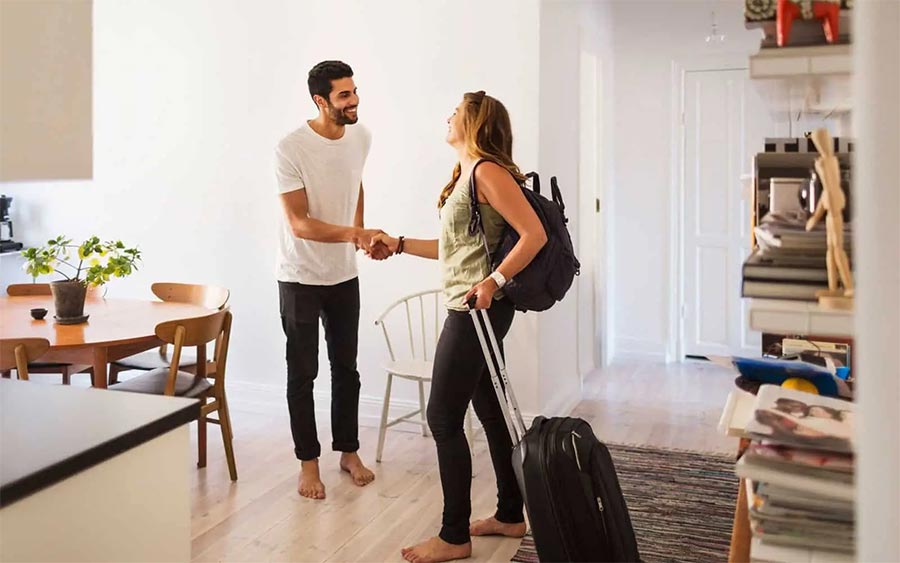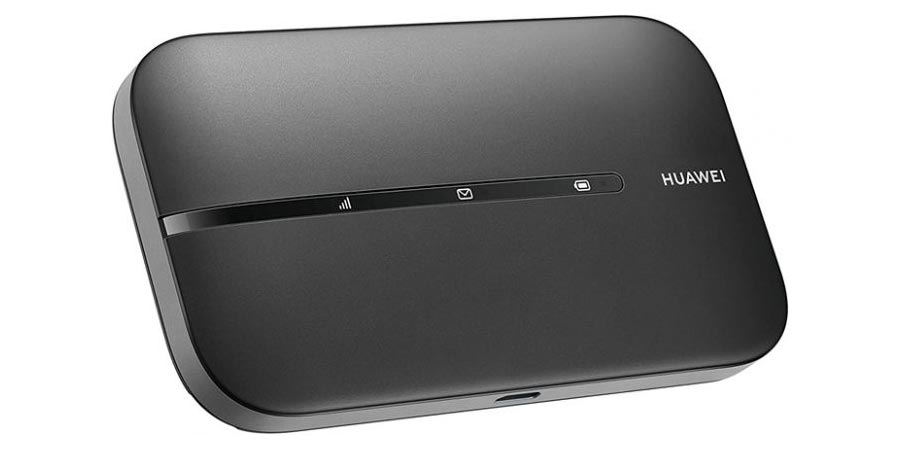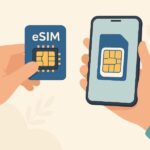Connectivity is a way of life whether you are telling your loved ones where you are or just checking the latest status updates on Facebook. Being able to easily connect with people is something that a lot of us take for granted and it can be a major shock when you have no signal and no internet. This is something that you want to avoid when travelling because you are in a foreign country that may speak a language you do not understand. So, what solutions are available to help you stay online and connected in a foreign country?
Using Your Smartphone In Europe
When you travel, you are going to have your phone with you. There is no point in denying it because even people who want to get away from technology for a while still have their phone with them, it’s just not on. Since you are going to have your phone and your phone probably has some form of data available, the simplest solution would be to use your phone to stay online in a foreign country.
It is not actually that simple and you have to do some legwork before you leave, trust me on this. You do not want to end up like I did try to call a cab in Turin only to have my phone not work at all. I had to ask someone if I could use their phone in a place where people generally do not speak English and I don’t speak Italian.
If you want to avoid being like me, you need to contact your phone provider before you leave. You need to talk to them about using your phone out of the country and ask about roaming charges. If you are coming from within the EU, you should not be charged for using your phone in the Eurozone. If you are coming from anywhere else, you could be charged and these charges can be hefty with some US providers charge $50 for the data you need to send a few emails and check a couple of websites.
There is also something else that you need to know about which I wasn’t aware of until I spoke to someone travelling in the EU from the US. The US has different wireless technology than Europe and 2 US phone providers are not compatible with EU infrastructure. Sprint and Verizon use CDMA or Code Division Multiple Access systems for their networks while Europe uses GSM or Global System for Mobiles. This means that your phone may not be able to connect to the mobile infrastructure, particularly if it is an older model. If you have an iPhone 4S or newer, you should not have a problem as they can connect to both networks. If you have an Android or Windows phone, you have to verify that it is a world phone, but most newer models are.
If your phone is older or not compatible with Europe, you will not be able to use it at all. The options available to you will be to get a new phone, which would be a bit crazy, or rent a phone from your service provider. Some providers will offer phones that work in Europe on a rental contract of a few weeks or months.
When talking to your provider, you should also see if they have any international data plans. These plans have been created with travellers in mind and will generally cost you a set fee over your normal contract bill. The amount of data you get will vary depending on your provider and you need to carefully consider if this is the right option.
Getting A Local Sim Card
One of the cheapest options you have if you want to use your phone to get online is to get a local sim card that comes with data. The problem is that you are not going to get a lot of data so you need to use it sparingly or risk constantly needing to top-up. This is not helpful if, like me, you rely on apps to help you get through life. Google Maps, Trip Advisor, Facebook and Gmail will use more data than you might think if you leave them to run in the background.
Getting a local sim can be easy, depending on where you are. Large airports will have kiosks and stores where you can easily buy a sim card and some will even have a very helpful sim card vending machine. While getting a sim card is easy, you have to be aware of the registration that some countries have. When I arrived in Germany, I decided to get a local sim card not realizing that there is a registration process that involves a video call or proving your identity in the carrier’s store. An address is also needed, but most hotels are open to you using their address for this.
Is your phone unlocked? The answer to this has to be yes if you want to use a local sim. If you got your phone through a contract with the carrier, it will generally be locked to their network only. The local sim you get will lock your phone in these cases and you will have to contact your carrier to get the phone unlocked. If you are still within your contract with them, it might take some convincing.

Are Internet Cafes Still A Thing?
Growing up, when I watched movies or shows where people went travelling they always ended up in an internet café to connect and talk to their family. While internet cafes are still a thing in some places, a lot of places are completely devoid of them. After all, why do you need a store with computers when people can go to Starbucks and get online using their watch?
If you do not want to take your laptop with you when you travel, you would be better off using your phone in this world largely devoid of internet cafes. If you are going to stay at a hostel, they will usually have an old desktop in the common room that you can use. Heading to Starbucks or any place with free Wi-Fi will be your best solution, but remember that you have to buy something to get the network code.
Look At Your Accommodation
By far the easiest way to stay online when travelling in a foreign country is to have accommodation that comes with internet access. I always check AirBnB for accommodation that includes wireless internet access. Although you do have to be careful because one of the places I stayed in said it had internet, you could only get one bar in one room of the house, so not that helpful. Hotels can also be a bit hit and miss with the internet, but you can easily find out about this in reviews that people leave. No-one likes bad internet and they are quick to tell everyone about this.

Some hotels will charge you extra if you want to use their internet. Budget hotels will generally have this and the rate is often per day or per week. Hostels might have internet access in the common areas, but you would need to check this before you book. They may also charge you an additional fee for the access.
Bringing Wi-Fi With You
Another option that is becoming more popular is to bring your own Wi-Fi. Mi-Fi or portable hotspot devices are becoming more popular and you can generally get them from your phone carrier. I have a Vodafone Mi-Fi that is really helpful because I can connect to 4G networks and it works across the EU. I bought the device outright for less than you might imagine and have a data contract so I never have to worry about being without the internet.

You can also buy third-party devices like the Huawei ones which are the most popular. These devices will not be locked to any phone carrier networks and all you need is a data sim card. When using these devices, the only thing you have to watch out for is battery life.
Using Free Wi-Fi Networks
There are more and more free Wi-Fi hotspots and networks popping up all over the place. While you can easily use them to connect, you have to be careful. I have never personally used one of these hotspots because of the security risks that come with them. You are opening yourself and all your sensitive data to anyone who has access to the network, which is everyone.
If you are going to venture onto these networks, you need to follow some safety tips. The first is that you should only use secure websites. You also need to avoid entering any sensitive data when on the network. Apps are less secure than a browser which means you really shouldn’t be using them on these networks. You should also consider using a VPN on your device and there are some VPN services that offer laptop and mobile options.

Being able to get online is something that we are so used to we have a hard time coping when we are unable to. When you travel, particularly to more remote areas, you are going to find it hard to get online. This is why you need to know what your options are and all the steps you should take to use them.


















